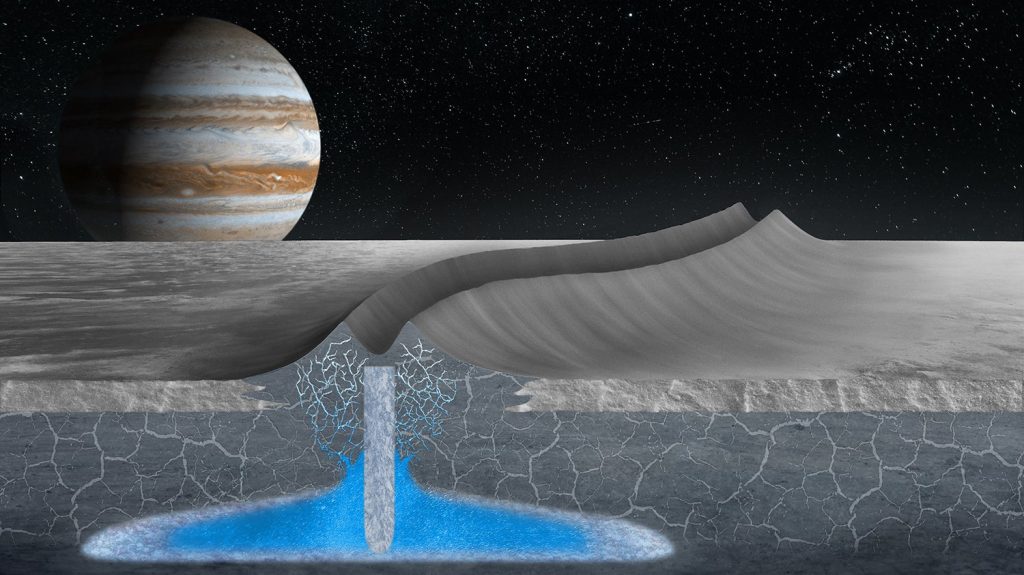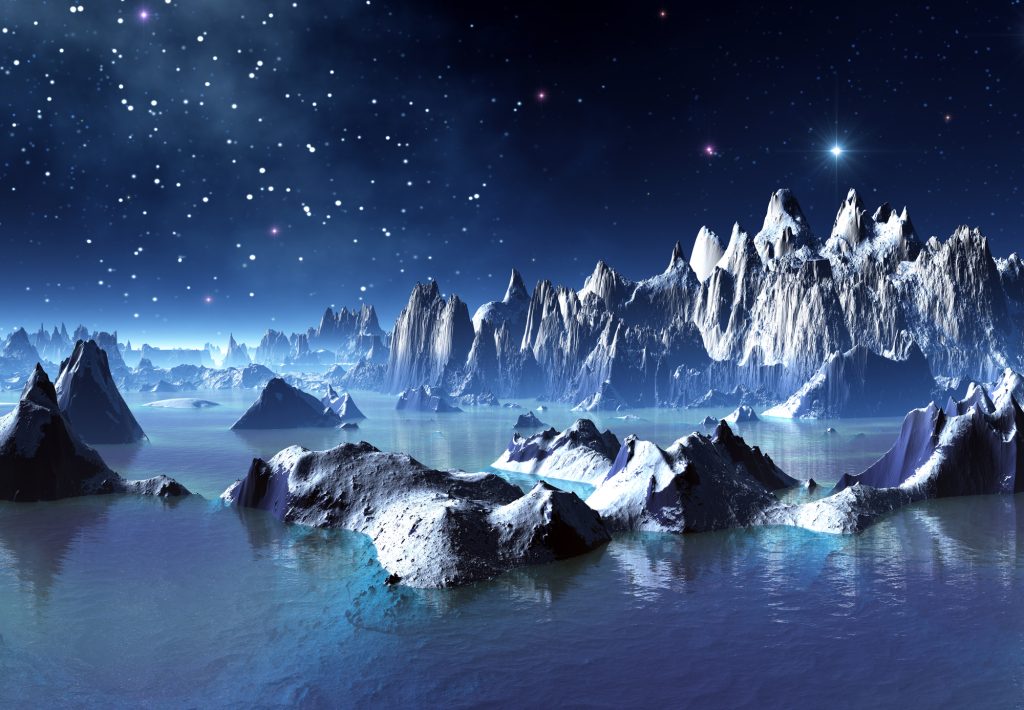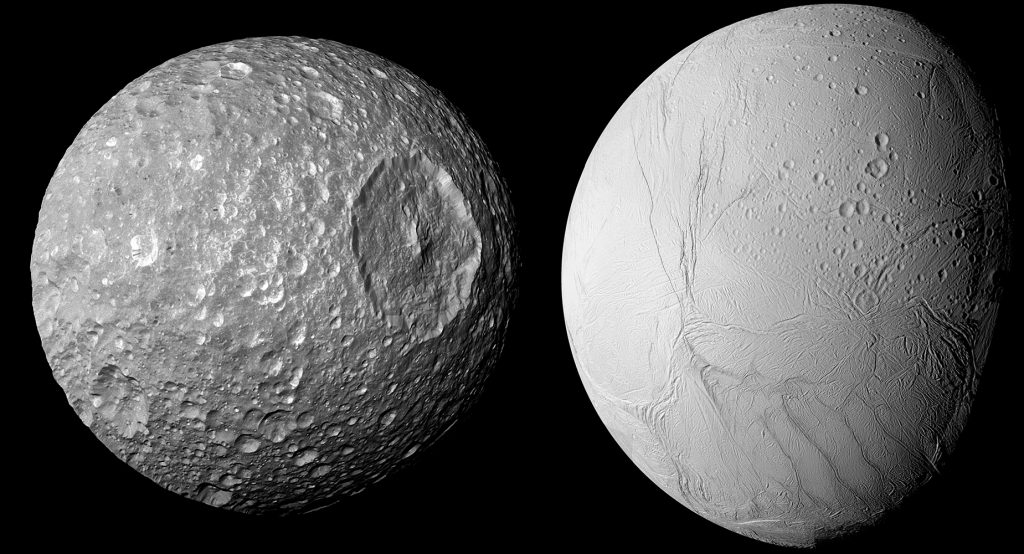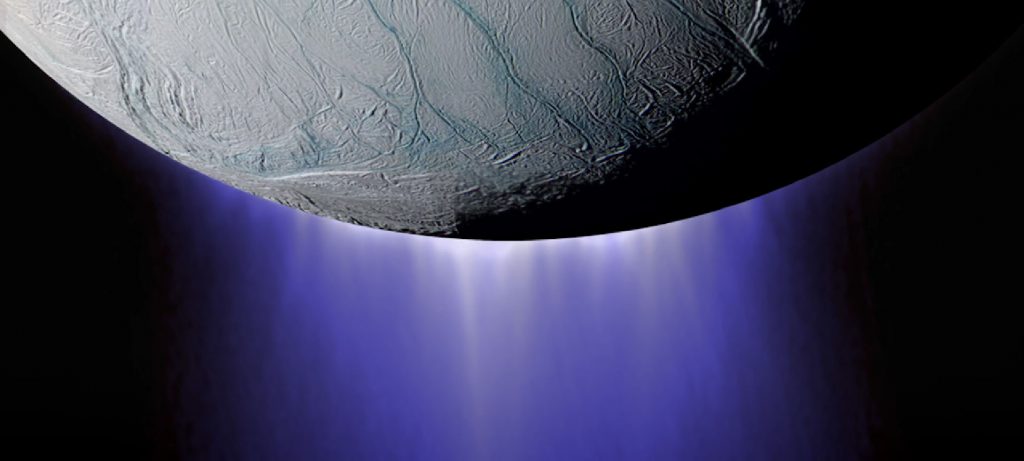Jupiter’s moon Europa could have water near surface
Jupiter's moon Europa, like Saturn's moon Enceladus, is an important target for the search for extraterrestrial life. That a liquid, salty ocean exists beneath its ice crust seems clear since the visits of Voyager and Galileo. But to explore this body of water, visitors must first drill through at least 20 to 30 kilometers of ice. Or maybe not? At least that's what a new study based on data from the Greenland Ice Sheet, published in Nature Communications, suggests. The results could provide insights into the geophysical processes that led to the formation of Jupiter's moon. Riley Culberg, a…



